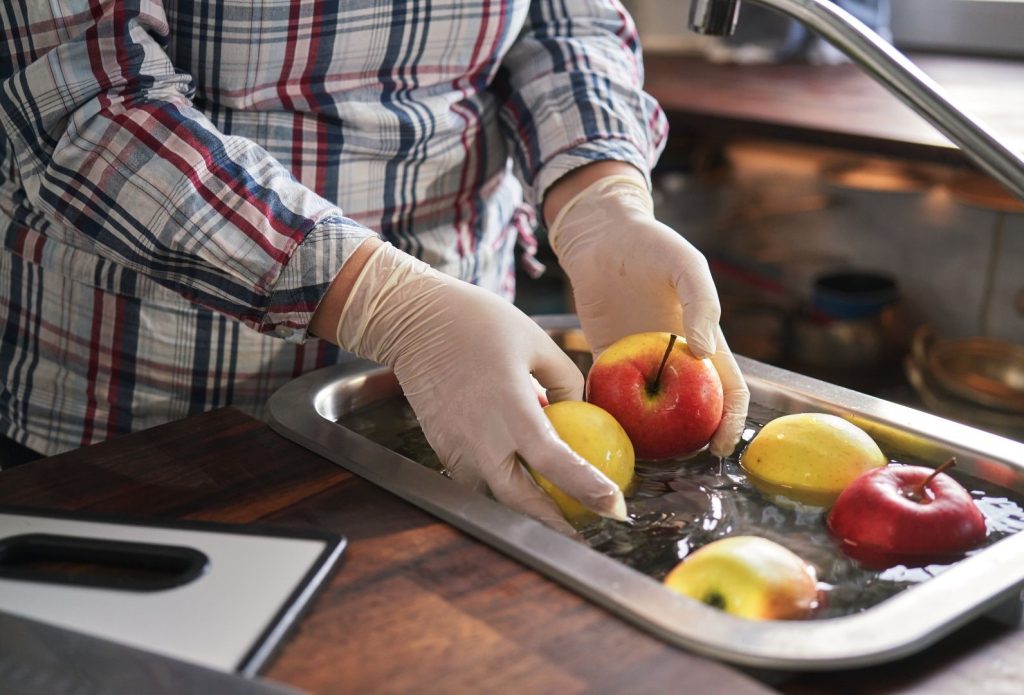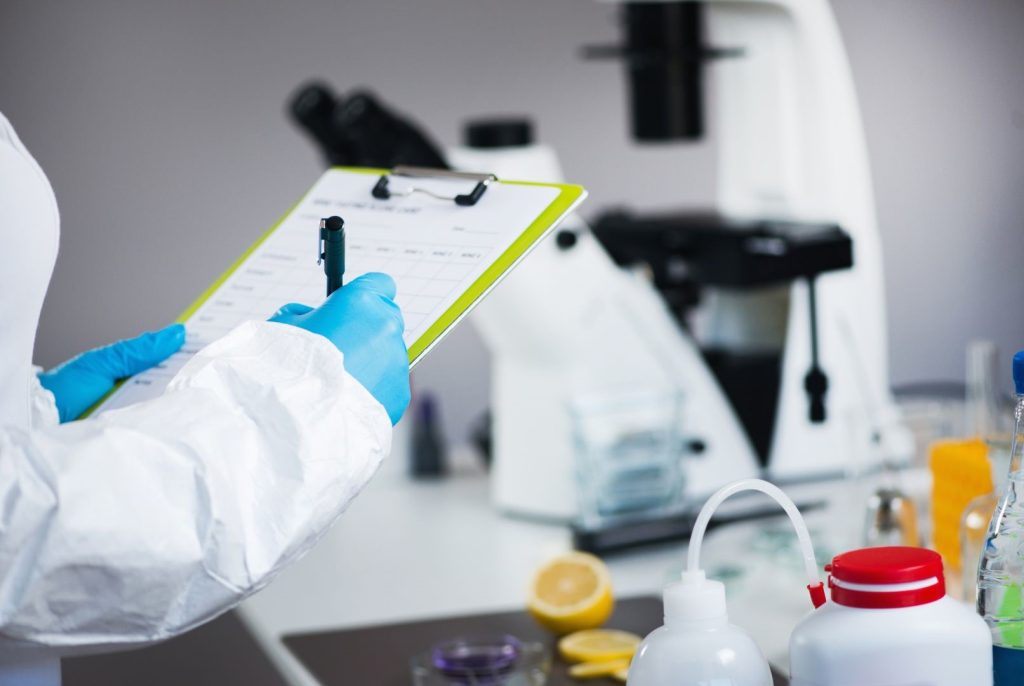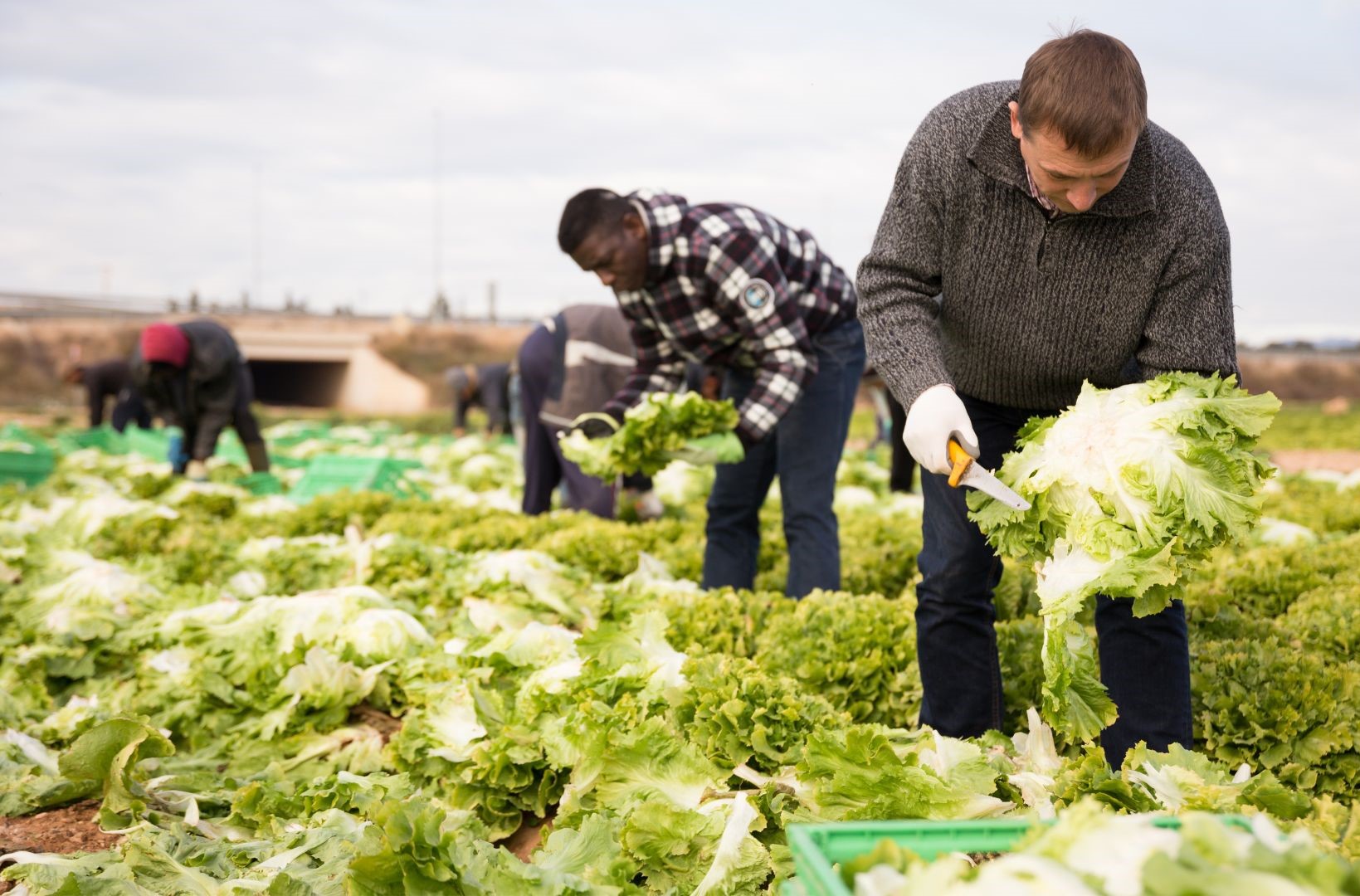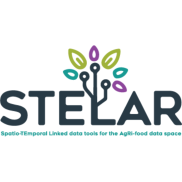Ensuring Compliance with Food Safety Regulations: 6 Tips for Farmers and Food Processors
Ensuring food safety throughout every stage of the food supply chain is paramount for safeguarding public health and maintaining consumer trust in the food industry. From production and processing to distribution and consumption, each step presents potential risks that can compromise the safety of food products. Therefore, being cautious and implementing rigorous safety measures are imperative to mitigate these risks and prevent foodborne illnesses.
Importance of Food Safety Regulations
Food safety regulations are a set of standards, guidelines, and procedures established by government authorities to ensure that food products are safe for consumption. These regulations are designed to protect public health by preventing foodborne illnesses, contamination, and other hazards related to food production, processing, handling, and distribution.
Food safety laws are enforced at various levels, including national, state, and local, resulting in different rules and standards depending on your location. Generally, this means that food retailers must follow safe handling procedures and keep records of their actions.
The Multi-stage Responsibility of Farmers in Ensuring Food Safety
In today’s interconnected global food system, the importance of food safety cannot be overstated, especially considering the potential for widespread foodborne illness outbreaks. A single lapse in safety protocols at any stage of the supply chain can lead to significant public health consequences and economic losses for food producers and distributors. Therefore, what is expected of farmers to do regularly through every stage to ensure food safety?
At the production stage, proper agricultural practices are essential to minimize contamination from soil, water, and pests. Farmers must comply with guidelines for pesticide and fertilizer use to ensure that crops are free from potentially harmful chemicals or residues. Additionally, maintaining hygienic conditions during harvesting and handling is crucial to prevent microbial contamination, which can occur through contact with soil, animals, or unclean equipment.
Adequate sanitation procedures, such as cleaning and disinfecting equipment, surfaces, and utensils, help eliminate pathogens and reduce the risk of contamination. Furthermore, implementing Hazard Analysis and Critical Control Points (HACCP) systems enables food producers to identify potential hazards and establish preventive measures to ensure food safety.
In the distribution phase, maintaining proper temperature control is essential to prevent microbial proliferation and spoilage. Cold chain management, which involves maintaining consistent refrigeration temperatures during transportation and storage, is crucial for perishable foods like meats, dairy products, and fresh produce. Any deviation from the recommended temperature range can accelerate bacterial growth and increase the risk of foodborne illness.
Lastly, at the consumer level, it is mandatory to include proper storage of perishable items, thoroughly cooking raw foods, and avoiding cross-contamination between raw and cooked foods.

The Essential Role of Efficient Data Management Practices
Farmers face several challenges in food safety data management. Firstly, a vast amount of data comes from different sources, which requires time and effort to make synergies (drive conclusions) for some food safety topics and regulations. Moreover, the landscape of food safety regulations varies significantly from country to country, adding another layer of complexity for farmers to navigate.
Keeping up with food safety requirements is not merely challenging; it’s essential. Ensuring transparency and real-time data availability is paramount to maintaining consumer trust and safeguarding public health. Any delays in processing and investigating data could have far-reaching consequences, potentially compromising food safety and risking consumer well-being.
Therefore, efficient data management practices are imperative for farmers. By implementing streamlined processes and leveraging technology where possible, farmers can enhance their ability to collect, analyze, and act upon food safety data promptly and effectively.
6 Tips for Embracing a Proactive Approach to Food Safety
In food safety, adopting a proactive approach is paramount for farmers to uphold industry standards and ensure consumer trust. Here are some tips that can streamline your food safety practices:
- Global Standards Overview: Gain insights into global food safety standards, enabling your farm to assess its standing compared to industry benchmarks and competitors.
- Performance Benchmarking: Streamline the benchmarking process by evaluating your farm’s safety performance against industry standards and competitors.
- Insightful Analysis: Receive tailored insights into emerging threats and focus areas within your farm.
- Hazard Analysis: Access hazard analyses of key ingredients, providing detailed descriptions of hazards, including their types and occurrence rates.
- Competitive Perspective: Gain a comparative perspective on competitors’ and overall market food safety performance.
- Tailored Analysis: Tailor the analysis to exclude non-critical risk types from your supply chain considerations, streamlining your focus on essential safety concerns.

Transforming Food Safety Management with AI
In today’s food safety landscape, a platform that empowers users to proactively identify supply chain threats, risk areas, and non-compliant products is indispensable. As part of the STELAR project‘s mission to advance risk prevention in the food supply chain, Agroknow, a leader of Pilot A, has developed the innovative FOODAKAI platform.
Conclusion
Proactive measures, continuous monitoring, and collaboration among stakeholders are essential to ensure the safety and integrity of the food supply chain. By prioritizing caution and adherence to safety standards, we can mitigate risks and build a more resilient and trustworthy food system for all.
Stay updated on the latest happenings with the STELAR project by visiting their newsroom and connecting with them on LinkedIn.
Further reading
- Bacteriophages: A Sustainable Approach to Enhance Food Safety and Quality
- Navigating the Landscape of Food Authenticity in Agriculture
- Quality Standardization of Fresh Fruit and Vegetables to Reduce Food Waste and Loss
- Leveraging AI and Machine Learning to Enhance Food Safety and Reduce Contamination
- Contaminant Detection: Tools for Ensuring Food Safety
- How Data Management Helps the Food Industry










































































